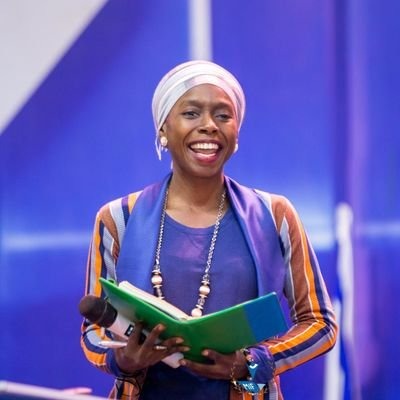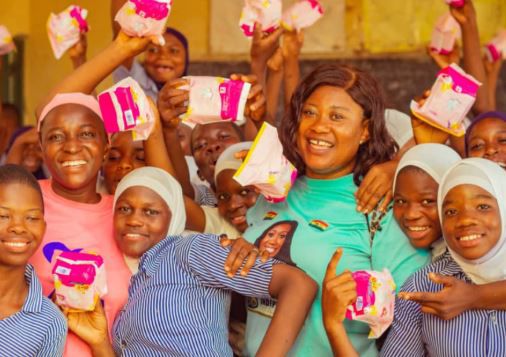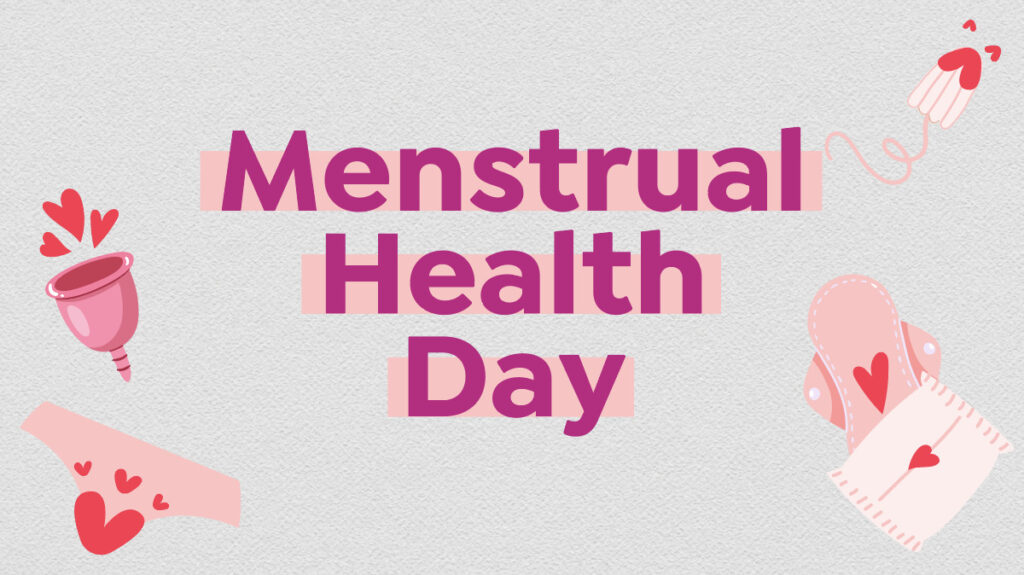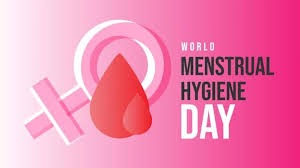Gender Equality, Social Inclusion, and communications specialist Madam Khadija Abdul Samed has reassured young girls encountering their first menstrual cycle that they are perfectly fine and have nothing to worry about, as the world commemorates World Menstrual Health Day.
According to Madam Khadija, many first-time menstruators tend to feel shy or withdrawn, but she emphasizes that such reactions are unnecessary. She noted that it is entirely normal for girls and women to go through this stage as part of their journey into womanhood.
In a conversation with Vaultz News, the gender equality advocate urged young girls to view menstruation as a natural and positive experience. She stressed that it should be embraced with pride and regarded as a blessing, not a source of shame.
“You are normal. You are okay. What is happening to you is a gift, a blessing, and you should use that blessing and see that blessing as a blessing that would enable you to contribute significantly to the growth of the country and the world at large. And it is your responsibility to ensure that you do whatever it takes to keep yourself moving.
“And not anybody ever tell you that because of what you have just experienced, you are not worthy, you don’t have the right to access your basic rights, and that you are a nobody, you are a somebody.”
Madam Khadija Abdul Samed

World Menstrual Hygiene Day, as recognized by the World Health Organization, is an annual observance dedicated to raising awareness about menstrual hygiene and the challenges women and young girls face in accessing sanitary products and maintaining hygiene during their periods.
This year’s theme is Together for a #PeriodFriendlyWorld. In such a world, menstrual stigma and taboos are eliminated, and everyone has access to the necessary products, education, and infrastructure to manage menstruation with dignity. The message emphasizes unity and collective action for greater impact.
Madam Khadijah maintained that it is time for society to recognize menstruating girls as equal human beings to their male counterparts. She asserts that menstruation should not bring shame or stigma but should be a dignified experience for every young woman.
Free Sanitary Pads for Schools Promote Menstrual Health
Recently, the Minister of Education, led by Haruna Iddrisu, announced that the ministry has released funds for the free distribution of sanitary pads in senior high schools and basic schools across the country.
Following this announcement, Madam Khadijah acknowledged that while the move is a step in the right direction toward addressing period poverty among young girls, her concern lies with its inclusivity—particularly regarding girls with disabilities and those living in conflict-prone areas.

She emphasized the need for clear guidelines on how the initiative will be implemented.
Madam Khadijah further stated that the announcement should not end as mere political rhetoric, but must be translated into action that reaches every young child in society.
“The fact that there is even a framework that that thing has been established to ensure that these things are met, I think it shows that there is some optimism that something will happen. Where advocates like us are always worried is whether it will not just be a talk-shop or it will actually happen.
“We are hoping and anticipating that, will not just be where it ends, but at least it is a good start because we want beyond government giving out sanitary pads and then encouraging… because that is clearly linked to the fact that when students have sanitary pads, they can go to school. Some of us are looking at the extent to which this pulls off.”
Madam Khadija Abdul Samed
Accordingly, Madam Khadijah made a passionate appeal for the government to, in addition to providing sanitary pads, ensure the availability of hygiene facilities such as changing rooms to promote proper menstrual hygiene among school-going girls during their monthly cycles.

She urged parents to view the government’s initiative as an opportunity to also support their daughters in accessing sanitary products, stressing its importance to reproductive health.
In that regard, she added that while the government is distributing sanitary pads, it should also consider removing taxes on sanitary products.
The difficulties young girls face during these phases are pathetic, she shared in an interview with Vaultz News.
She revealed that some girls have been coerced by men and male peers into engaging in inappropriate acts just to access sanitary pads.
She stressed the urgent need for collective advocacy and swift action to protect girls from being exploited over such a basic need.
To her, it is unacceptable that young girls should endure such hardships because of a natural occurrence beyond their control.
READ ALSO: Trump Tariffs Dealt Heavy Blow




















